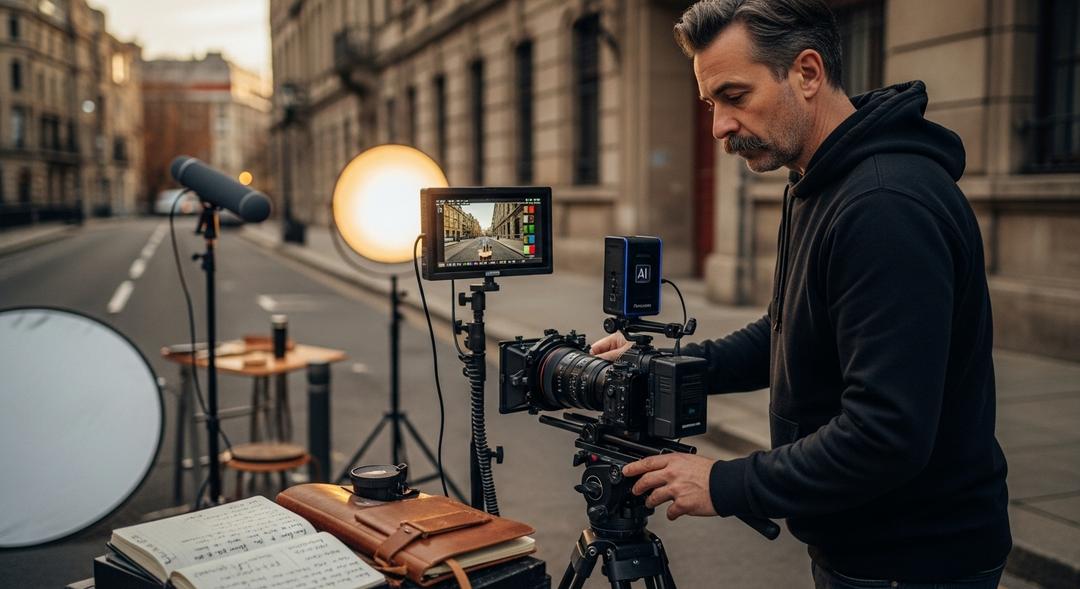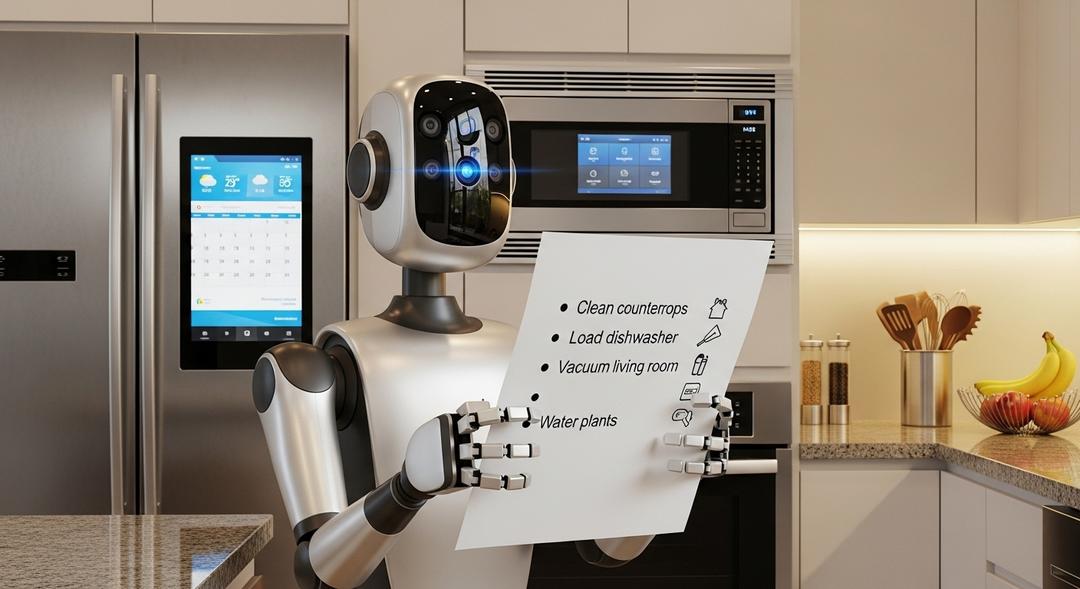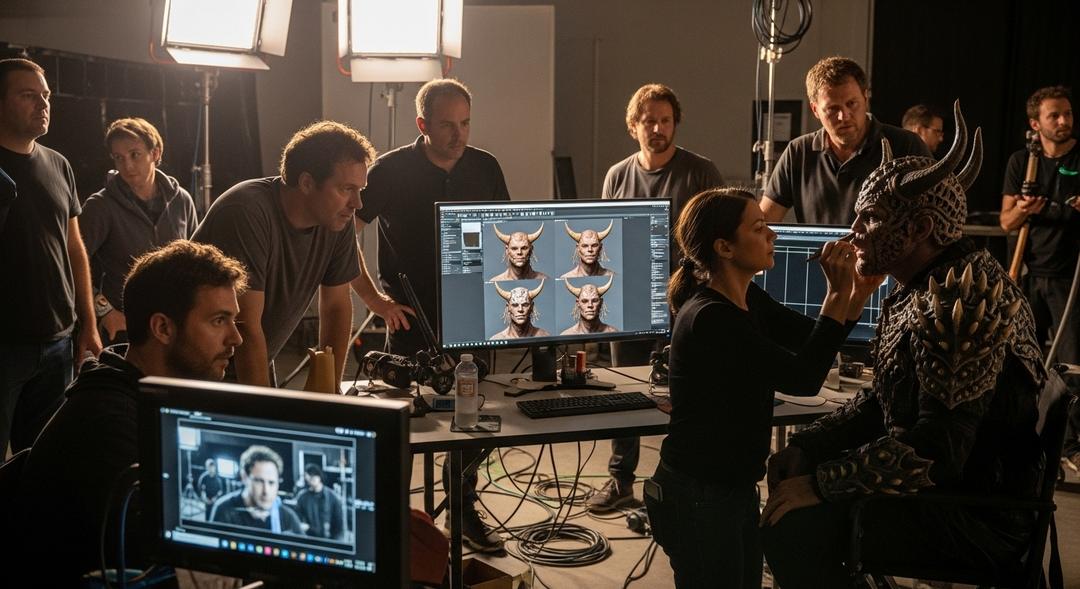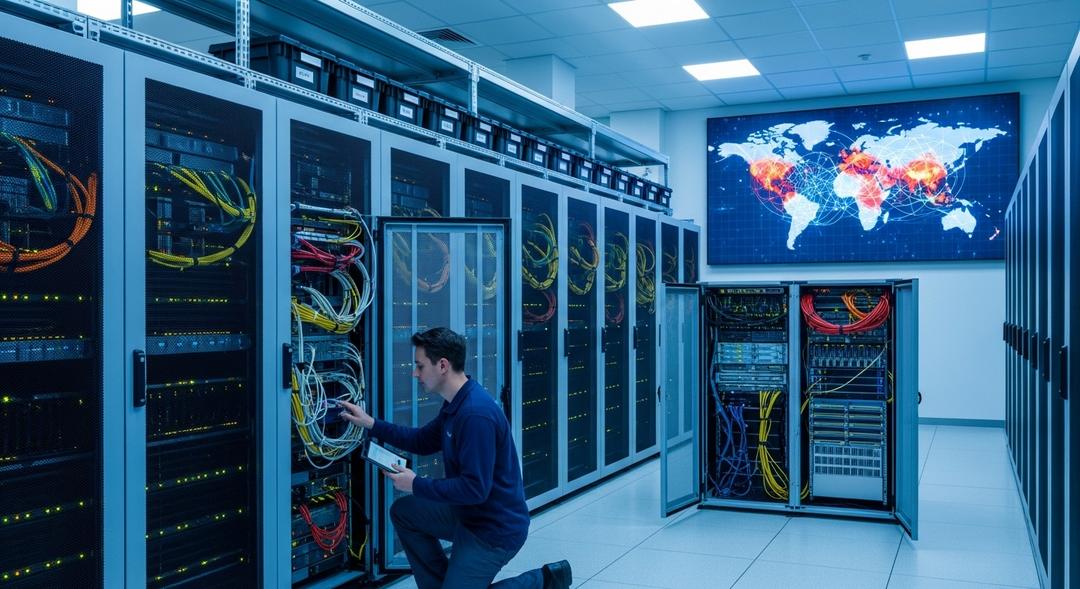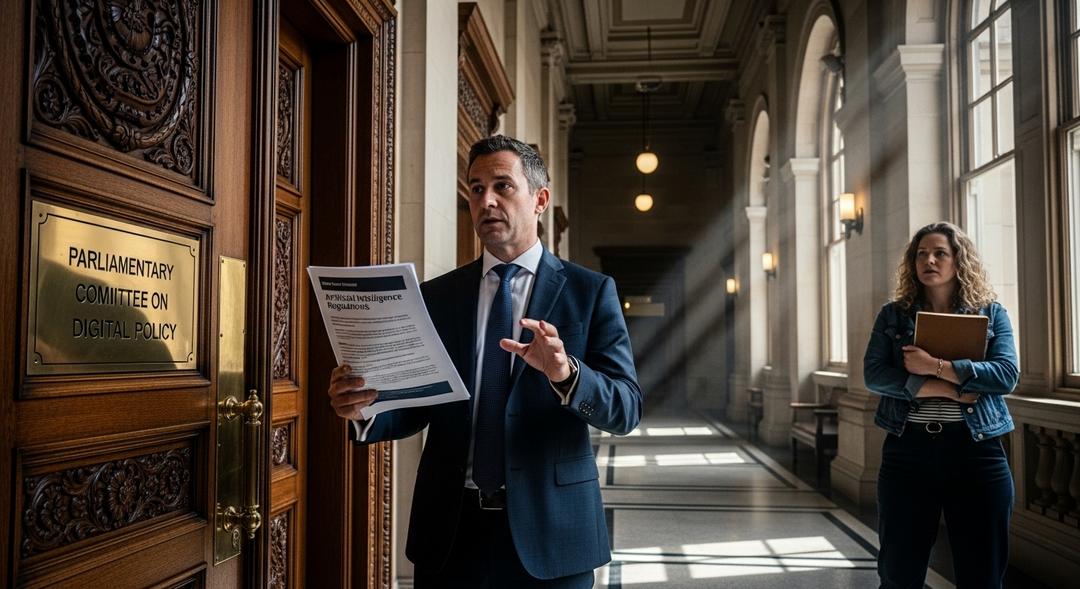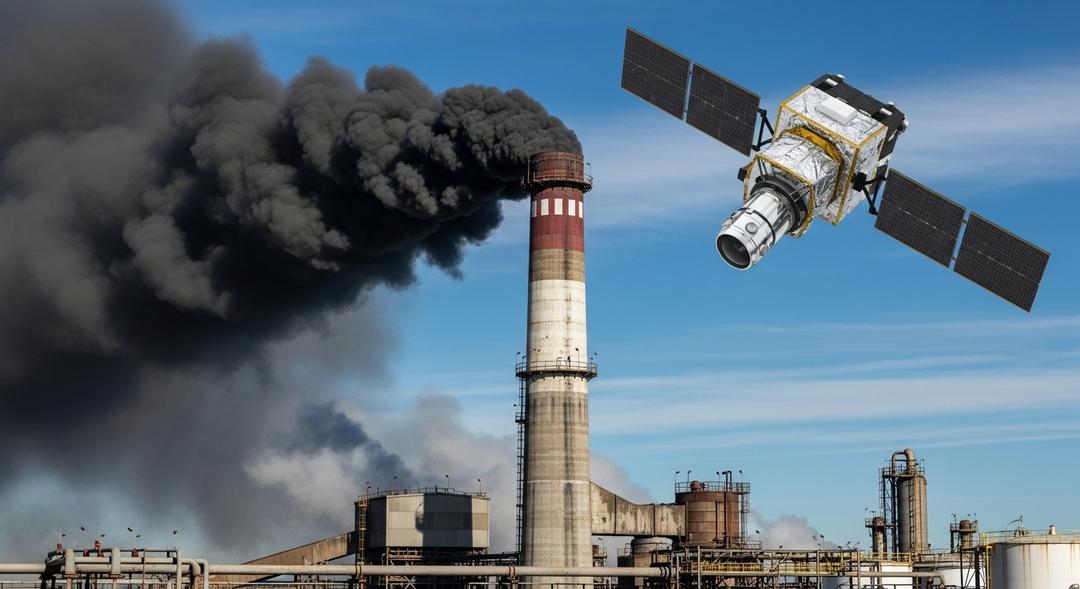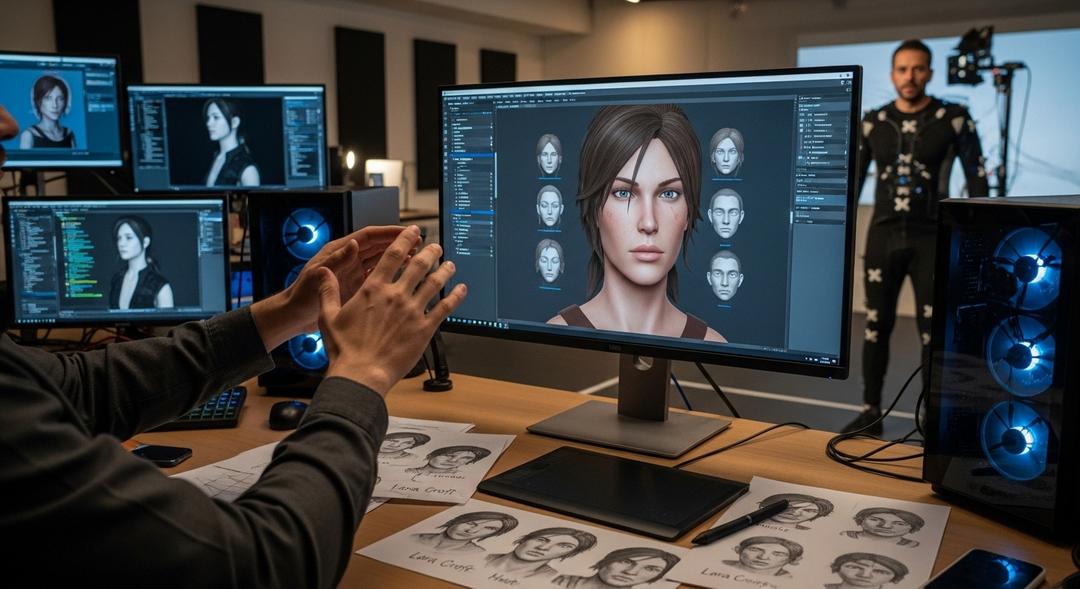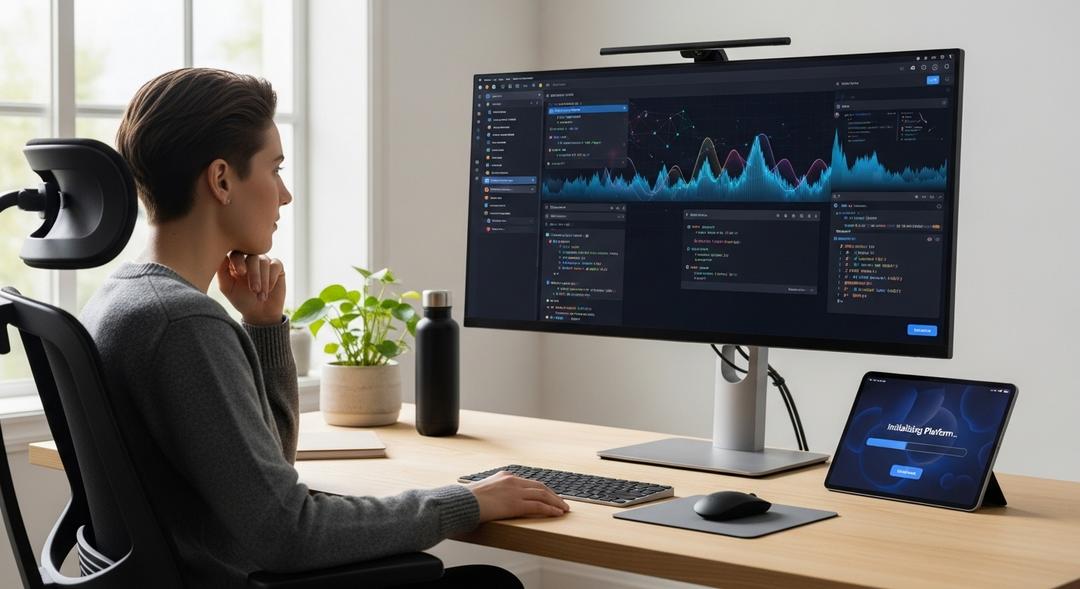At this year’s Amman International Film Festival, Hyvärinen took center stage with a session named AI and Filmmaking: A Grounded Guide, steering away from technical jargon to spark honest conversations about technology’s impact on creativity. Storytelling, ethics, and cultural differences came up again and again as about two dozen filmmakers took two days to reflect together, not just on what new tools can do, but on what they might mean for the future.
Cultural backgrounds changed, but according to Hyvärinen, the general mood always circled uncertainty. Some dove in headfirst. Others remained skeptical. And most, as he put it, “live in the grey zone, just trying to figure it out.”
For most participants, the flood of new information did not answer all questions. It left many hoping for more. The consensus remained: no matter where someone stands, the momentum of AI is undeniable.
Filmmakers Grapple with Creative Shifts
Jordanian filmmaker Anwaar Al-Shawabkeh came in familiar with AI but left feeling the landscape had shifted under her feet. “After going through the tools with Aleksi, I felt it had become true and there is no way to avoid it,” she said.
She noticed that participants slipped into referring to AI as “he,” raising questions about how younger generations might perceive the technology. Despite feeling uneasy about murky ethical boundaries, Al-Shawabkeh came away believing the new tools would ultimately help the creative process, much like editing innovations fifty years earlier. “Don’t panic. AI is just a new tool. We need to explore both its strengths and limitations to truly understand its place.”
While some of the group examined headline-grabbing advancements such as turning 2D images into fully navigable 3D scenes, others were drawn to less flashy but more practical AI applications. Organizing massive amounts of raw footage, swiftly cataloging dialogue, and shaping work processes mattered even more to many than tools that generate content from scratch.
Hyvärinen pointed out that non-generative AI does not create new material but instead acts as a powerful assistant, handling time-consuming tasks. He acknowledged that such automation threatens entry-level film jobs like assistant editors, noting that automation threatens entry-level film jobs.
The big question of authorship hung over the conversation. Palestinian-Jordanian artist and filmmaker Mohammed AlQaq entered the session intending to keep his creative process strictly human. The workshop softened his stance a touch, but he insisted, “AI is just another tool, an assistant, and I will always be the director.”
For Hyvärinen, AI pushes boundaries, but ultimate creative control cannot be outsourced. Storytelling, he argues, demands a human perspective, even as support roles shift in the coming years. He foresees a landscape where high-budget, bespoke films and rapid-fire, AI-assisted productions coexist.
No one in the room pretended to know how all of this would unfold next. That uncertainty, flickering between hope and worry, drives the conversation forward.
